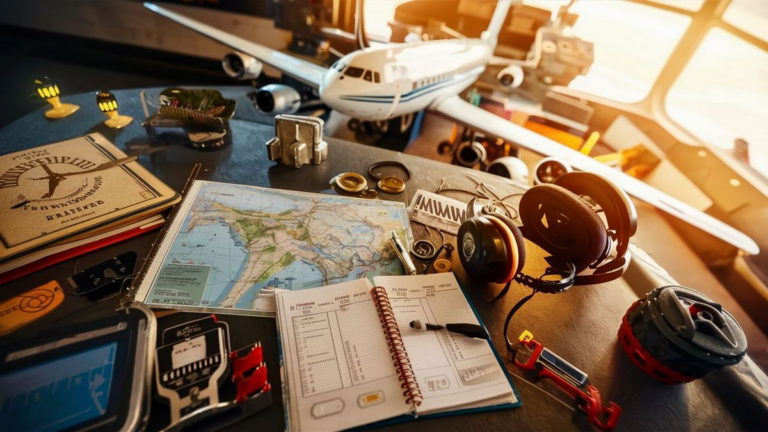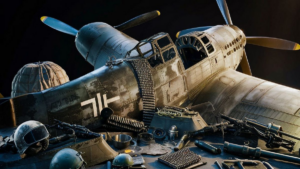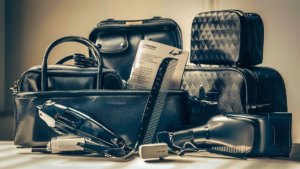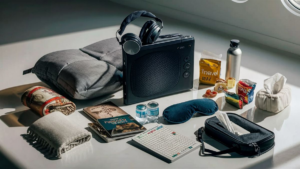Learning how to fly a plane is a thrilling endeavor that requires dedication, focus, and a comprehensive understanding of aviation principles. Whether you aspire to become a commercial pilot or simply want to enjoy the freedom of piloting your own aircraft, mastering the skills of flight is both challenging and rewarding.
Understanding the Basics
Before embarking on your journey to become a pilot, it’s essential to familiarize yourself with the fundamental concepts of aviation. This includes learning about the various components of an aircraft, understanding aerodynamics, and becoming acquainted with flight instruments and controls.
Enroll in a Reputable Flight School
One of the most effective ways to learn how to fly a plane is by enrolling in a reputable flight school. Flight schools offer structured training programs led by experienced instructors who guide you through the process of becoming a proficient pilot. Research different flight schools in your area and select one that suits your learning style and budget.
Ground School
Ground school is an integral part of pilot training, where you’ll learn the theoretical aspects of flying, including aviation regulations, meteorology, navigation, and aircraft systems. Through classroom instruction, textbooks, and multimedia resources, you’ll gain a solid understanding of the principles that govern safe and efficient flight.
Flight Training
Once you’ve completed ground school, it’s time to take to the skies under the guidance of a certified flight instructor. Flight training involves hands-on experience in the cockpit, where you’ll learn how to perform pre-flight inspections, execute takeoffs and landings, navigate through different airspace, and handle emergency situations.
Practice and Persistence
Becoming a skilled pilot requires practice and persistence. Dedicate ample time to honing your skills both in the air and on the ground. Take advantage of simulator training to reinforce your knowledge and develop muscle memory for various flight maneuvers.
Set Goals and Track Progress
Set specific goals for your flight training and track your progress along the way. Celebrate milestones such as your first solo flight, cross-country navigation, and instrument rating. Stay motivated and committed to your training regimen, even when faced with challenges or setbacks.
Continuing Education
Learning to fly is a lifelong journey that doesn’t end with obtaining a pilot’s license. Stay informed about advancements in aviation technology, regulations, and safety practices. Consider pursuing advanced ratings and endorsements to expand your flying capabilities and explore new horizons.
Safety First
Throughout your journey to become a pilot, prioritize safety above all else. Adhere to pre-flight checklists, exercise good judgment, and maintain situational awareness at all times. Participate in recurrent training to stay proficient and vigilant in the cockpit.
Join Aviation Communities
Connect with fellow aviators through local flying clubs, online forums, and social media groups. Engage in discussions, share experiences, and learn from the collective wisdom of the aviation community. Surround yourself with mentors and peers who inspire and support your passion for flight.
Embrace the Adventure
Learning how to fly a plane is an exhilarating adventure that offers unparalleled freedom and excitement. Embrace the challenges, embrace the joys, and embrace the endless possibilities that await you in the boundless skies above.
Navigation is a critical aspect of flying that requires precision and attention to detail. Learn how to read aviation charts, plot courses, and utilize navigation aids such as GPS and VOR systems. Understanding navigation principles will enhance your confidence and proficiency as a pilot.
Explore Specialized Training
Consider pursuing specialized training in areas such as aerobatics, mountain flying, or seaplane operations. These additional skills not only add excitement to your flying experience but also broaden your capabilities as a pilot. Seek out qualified instructors and training facilities that offer specialized courses tailored to your interests.
Stay Current with Regulations
Aviation regulations are constantly evolving, so it’s essential to stay informed about changes that may impact your flying activities. Familiarize yourself with airspace restrictions, flight planning requirements, and regulatory updates issued by aviation authorities. Compliance with regulations ensures safe and legal flying operations.
Frequently Asked Questions
| Question | Answer |
|---|---|
| How long does it take to learn how to fly a plane? | The time it takes to learn how to fly a plane varies depending on factors such as the frequency of training, individual aptitude, and type of pilot license sought. On average, it can take anywhere from several months to a year or more to obtain a private pilot’s license. |
| Do I need any prior experience to start flight training? | No prior experience is necessary to begin flight training. Flight schools offer programs designed for individuals with varying levels of aviation knowledge, from beginners to experienced pilots seeking advanced ratings. |
| Is flying a plane difficult? | While learning to fly requires dedication and effort, many people find the experience to be rewarding and enjoyable. With proper training and practice, individuals can develop the skills and confidence needed to safely operate an aircraft. |
See also:






